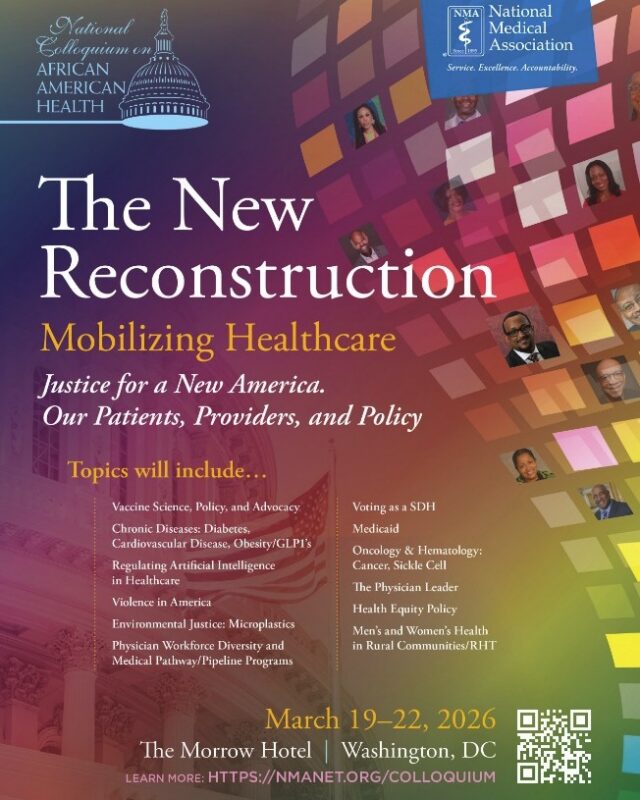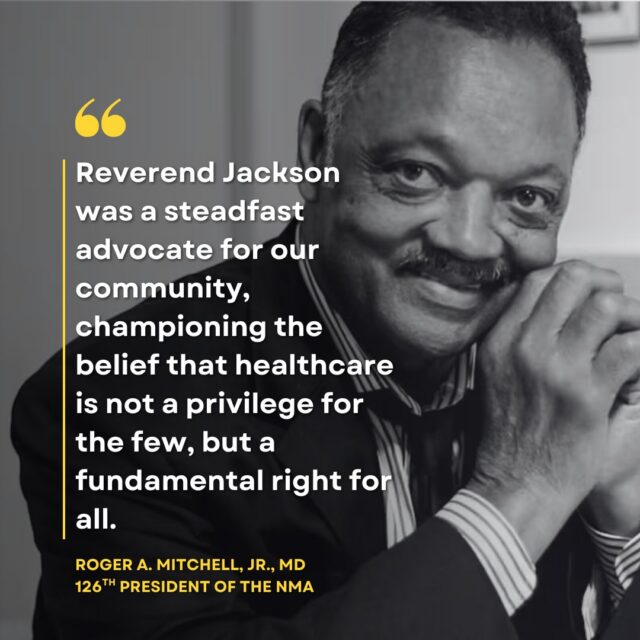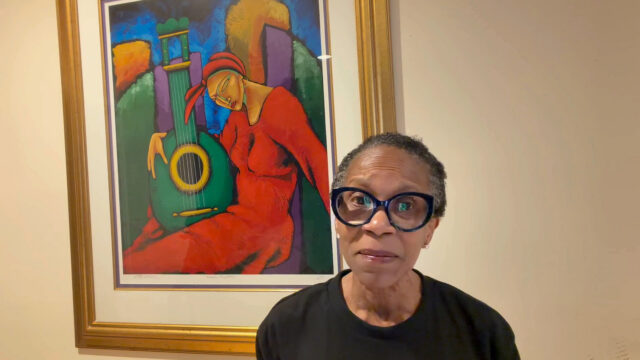MEMORANDUM FOR Health Policy Committee, National Medical Association
Problem Statement: The Eighth Circuit Federal court of appeals has become the first federal court of appeals to claim that section 2 of the Voting Rights Act (which states that, “no voting qualification or prerequisite to voting, practice, or procedure shall be imposed or applied by any State or political subdivision to deny or abridge the right of any citizen of the United States to vote on account of race or color”) is NOT privately enforceable. The claim states that only the United States can bring a section 2 VRA claim.
Background: Congress was led to pass the Voting Rights Act (VRA) August 5, 1965, which Lyndon B. Johnson signed into law the following day. The law outlawed racial discrimination in voting, including prohibiting literacy tests and other discriminative practices. Section 2 of the act applied a nationwide prohibition of the denial of the right to vote due to race or color. These provisions do not expire but must be enforced through litigation after the fact. The VRA has been amended five times since 1970 due to the House and Senate agreeing that specific federal action was necessary for the voting rights protection of racial minorities and members of language-minority groups. In 1982, section 2 was amended to provide that a plaintiff could establish a violation of the section if the evidence established that the standard, practice, or procedure being challenged had the result of denying a racial or language minority an equal opportunity to vote. In December 2021, the Arkansas State Conference of the NAACP and Arkansas Public Policy Panel filed a lawsuit against the state of Arkansas, the Arkansas Board of Apportionment, and the state’s Governor, Secretary of State, and Attorney General, challenging the Board’s adopted state House redistricting plan as violating the VRA. Specifically, plaintiffs allege that the adopted plan puts Black voters in several different regions throughout the state, resulting in the dilution of Black voting strength which is in violation of Section 2 of the VRA. In early 2022, the district court issued an order stating that after reviewing the VRA and relevant caselaw, the court lacked subject matter jurisdiction over the lawsuit and allowed five calendar days for the US Attorney General to join the case, which he subsequently declined. The plaintiffs appealed the decision to the US Court of Appeals for the Eighth Circuit the next day. In November 2023, the Eighth Circuit opinion in Arkansas State Conference NAACP v. Arkansas Public Policy Panel by Trump appointee Judge David Stras dismissed the case on the grounds that private parties cannot bring suit under section 2 of the VRA require that all lawsuits be brought by the Justice Department.
Landscape: Public opinion on the dismissal of the Arkansas State Conference NAACP v. Arkansas Public Policy Panel case by Judge Stras appears to be largely in agreement that the dismissal of this case will lead to larger implications for voting rights in the United States. In the past 40 years, litigants have brought 182 successful lawsuits under the VRA, 92% of which were victories held by private parties. Meaning if this was limitation was always enforced, only 15 VRA lawsuits would have been filed over the last four decades. Occasionally, federal laws have language specifically stating that private parties have a right to sue or a “right of action” against certain defendants. Conversely, a legal document may explicitly state that private parties cannot file certain lawsuits. If the law does not explicitly state the “right of action”, it was established by the case J.I Case v. Borak (1964) that the Supreme Court held that courts should read federal
statutes generously to allow the parties who benefit from those laws to bring forth federal lawsuits. However, post VRA decisions have held that the judiciary should be more reluctant to find implied rights of action within a federal statute. In the most recent case of Alexander v Sandoval (2001), it was held that, “statues that focus on the person regulated rather than the individuals protected create ‘no implication of an intent to confer rights on a particular class of persons’”. This case implies that if federal law uses language such as “no state shall do X” as opposed to “all persons have a right to X” courts should not typically permit private lawsuits under that statute. Nonethless, in the five times the VRA was amended between 1965 and 2006, not once was the argument of private right of action brought forth as a concern by Congress. If Stras’ opinion is upheld, the VRA could be completely null and void when republicans control the White House, as the Attorney General would be the sole person responsible for opening cases such as these. Depending on the focus of the administration and the size of the Attorney General’s staff, priority focused on state policies targeting voters of color may not take precedent. For example, during the entirety of the Trump administration, the DOJ’s voting section brought only one lawsuit alleging discrimination under the VRA. If this decision stands, it will not only affect Arkansas but the six additional states that comprise the eighth circuit (Iowa, Minnesota, Missouri, Nebraska, North Dakota, and South Dakota).
Recommendation: Considering the NMA’s keen focus on voting rights, especially for the Black community, it would be appropriate, if not essential, to stand in alignment with the Arkansas State Conference of the NAACP and the Arkansas Public Policy Panel. The NMA could support these two entities by releasing a statement in support in anticipation of the case reaching the Supreme Court. Additionally, NMA could collaborate with organizations like the NAACP or ALCU to stress the detriment upholding this decision would have on voting rights in the United States, specifically for people of color.








